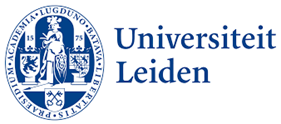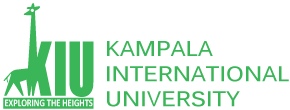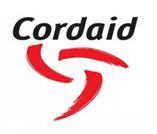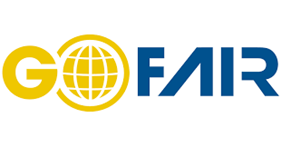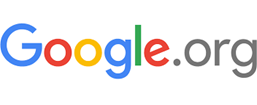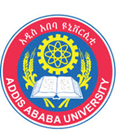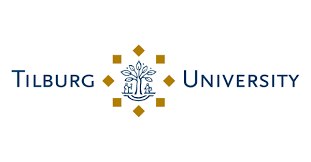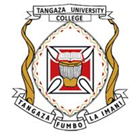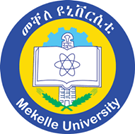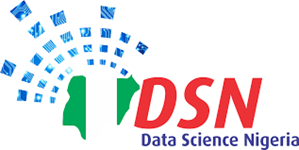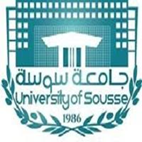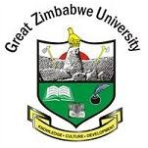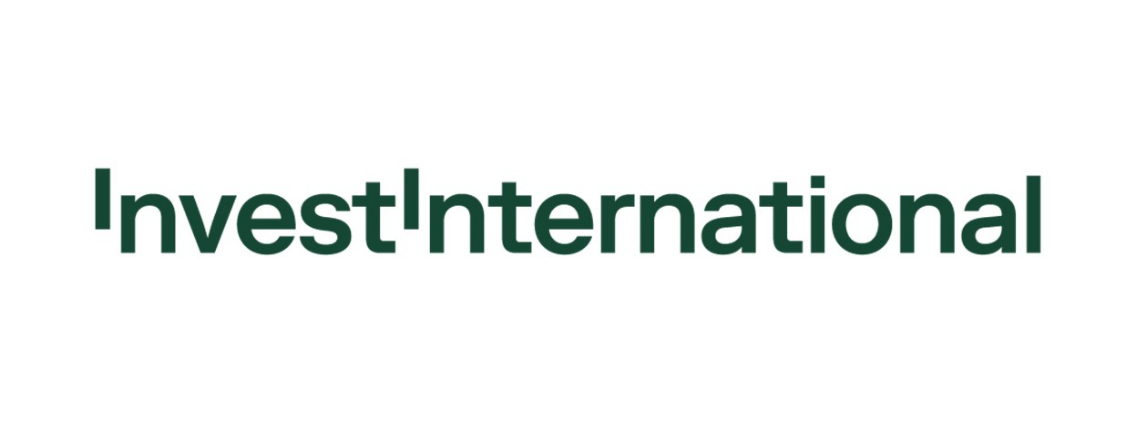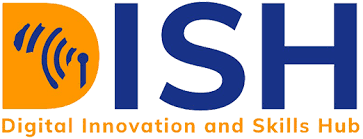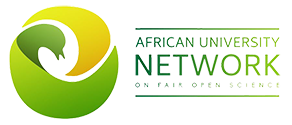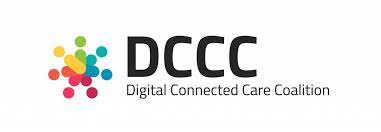African FAIR Open Data-driven Research & Services
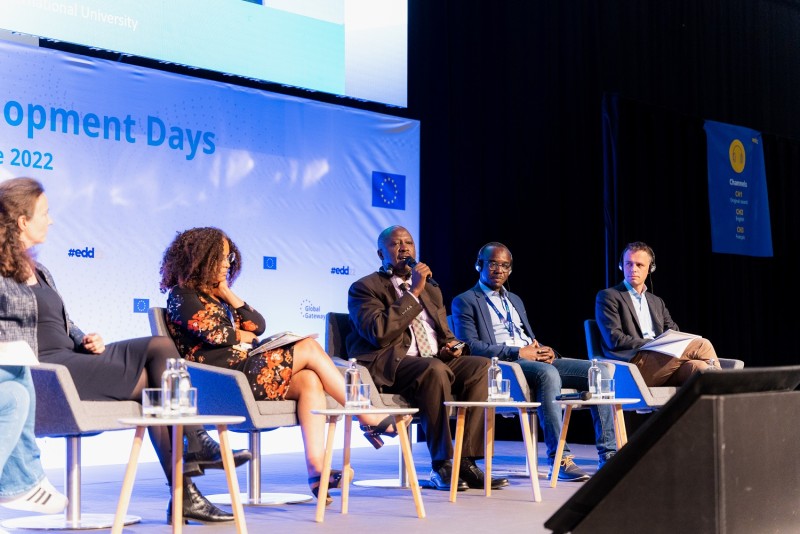
The Virus Outbreak Data Network (VODAN)-Africa is the innovation engine of the learning platform of the African University Network (AUN) for FAIR Open Science. The platform is driven by the GAIC Research Lab Globalisation, Accessibility, Innovation, and Care, which is concerned with the question of how innovation contributes to or disrupts communities of people and what potential it has - or not, to contribute to resilient communities. The problem that the African University Network on FAIR Open Science addresses is the global inequality in terms of access to and benefit from participation in innovation and care. From a learners’ perspective, the network has set up the Digital Innovation and Skills Hub DISH), which provides pre-university courses for skill development and (self-)employment creation, to vulnerable youth, drop-outs, internally displaced people, and refugees, which has been developed with civil society organizations and universities in Somalia, Ethiopia (including Tigray), Eritrea, Sudan, South Sudan, Kenya, and Uganda. These prepare the youth from a combination of mental health, health, and educational support, into new areas such as data science.
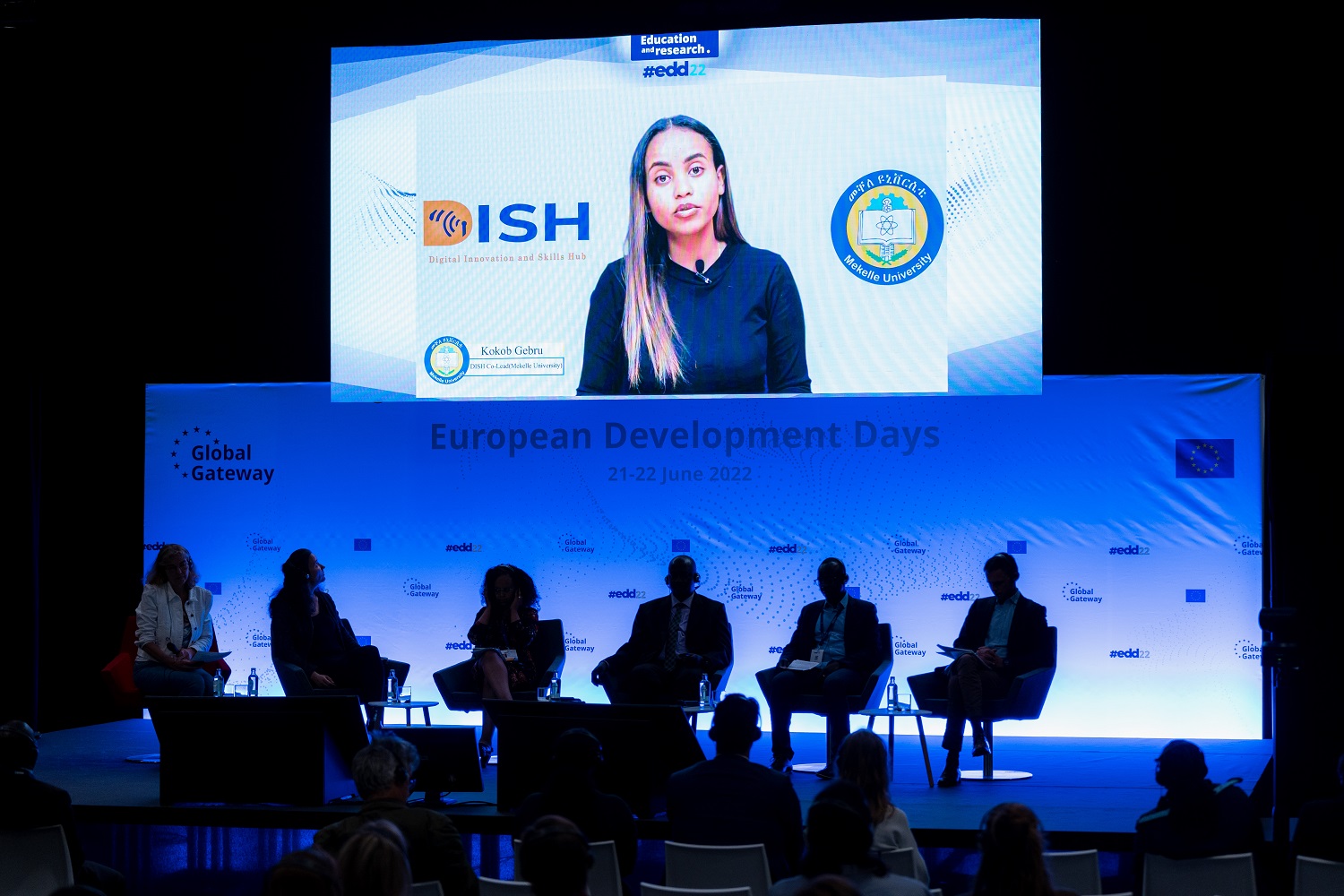
An area that the network is most concerned about is the lack of ownership, localized access, and respect for regulatory frameworks on digital data. If data is the ‘new gold’ of developing opportunities and servers as the most important driver of economies, the ownership, localization, and regulation in locale of data is critical. The network is therefore driven by the innovation produced in VODAN-Africa, which demonstrates that another architecture of data-ownership, data-storage, and creation of value from the data is possible. The network has proved this concept in a collaboration with civil society organizations, universities, working hand in hand with health ministries and hospitals, and health facilities, in nine countries: Uganda, Kenya, Nigeria, Tanzania, Ethiopia, Somalia, Zimbabwe, Liberia, and Tunisia. The teams have set up a data-visiting deployment of patient data that is reposited in and controlled by the health facilities. The data is deployed in a machine-actionable format and is therefore entered only once, but available for parallel use. The innovation is an important proof of concept validating the possibility of an Internet of FAIR Data and Services which is driven by data that is controlled by the data producer (and data subject) and compliant with GDPR and any regulation in place in the specific situation where the data refers to. The importance is that this combines a novel way of creating value of the data production that is innovated in Africa, supported by African engineering and policy processes, and rooted in African science. This innovation has the power to contribute and add value locally and globally. Globally, these skills are much needed and short in supply.
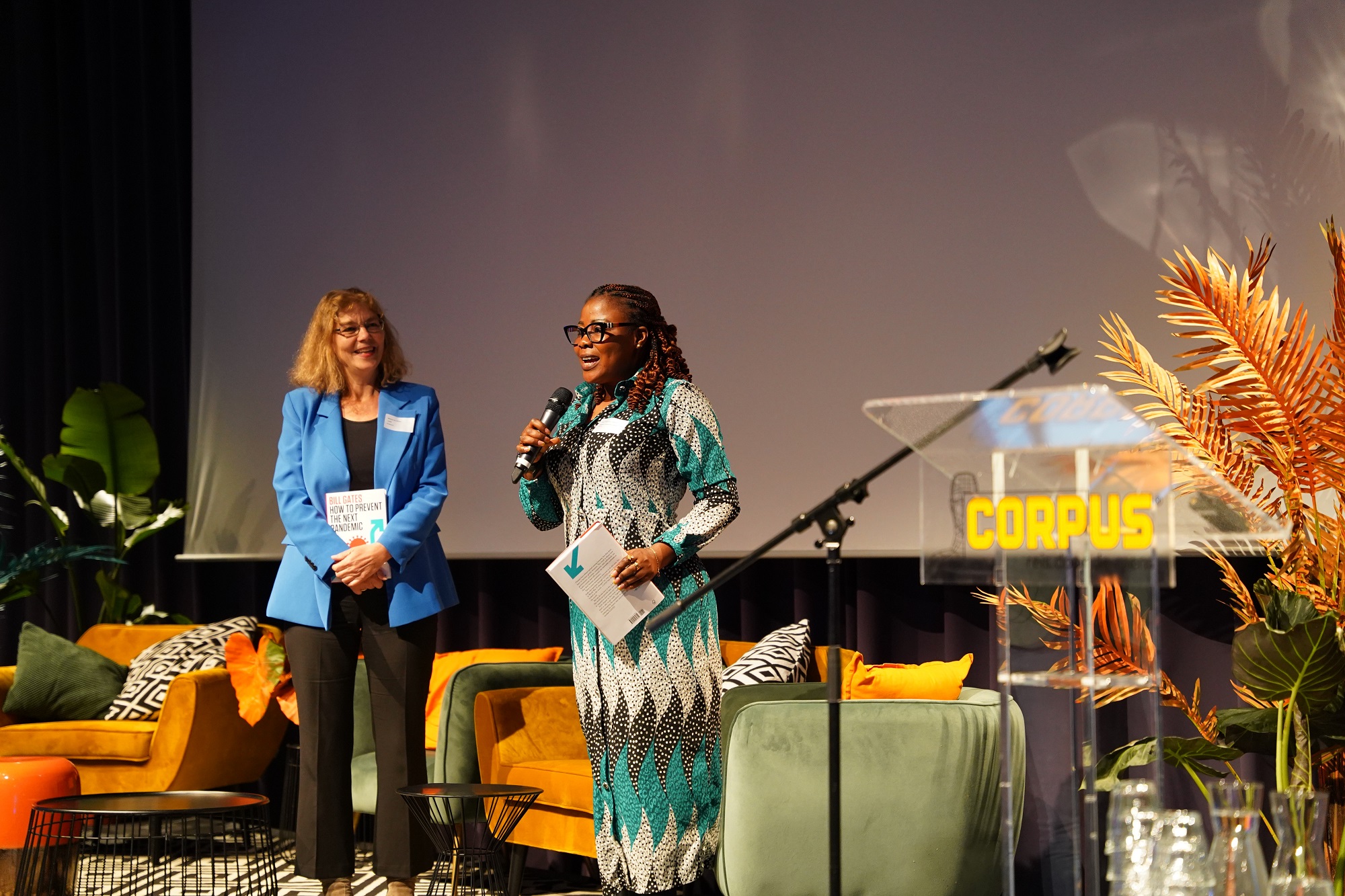
The AUN has established together with VODAN-A, DISH, and GAIC a steward competence and accreditation and this could serve as an important new area of skills of data-management and curation in the future.
The network is inspiring and supporting each other, learning from the creativity to solve problems in different places, meeting weekly to help each other and to bridge across distances to create solutions together.
African FAIR Open Data-driven Skills & Value Creation
The skills creation of the network is based on the concept of digital data as FAIR, which stands for data that is:
- Findable
- Accessible – under well-defined conditions, and in compliance with regulatory and ethical frameworks
- Interoperable and
- Reusable
The AUN follows a notion of FAIR-OLR, which stands for FAIR-data that is Owned in the place where it is produced for the benefit of that place, Localised in terms of the value creation and Regulated according to local rules and ethics that apply (and possibly global ones as well such as the General Data Protection law Regulation, GDPR).
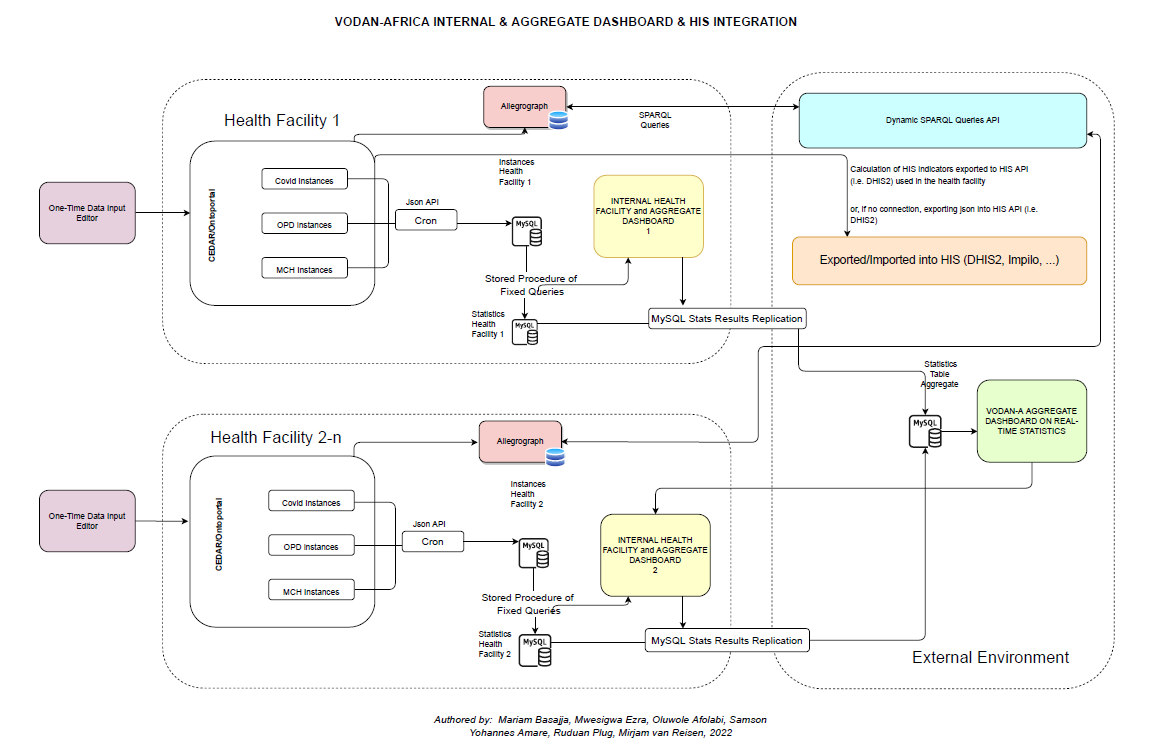
VODAN-A successfully applied FAIR-OLR to patient health data as a relevant area where a meaningful way of value creation in and across health facilities in resource-limited communities was urgently needed. The innovation received an award in the Global Health Symposium at the Leiden European City of Science opening conference.
VODAN-A is coordinated by country coordinators under the leadership of Tangaza University in Kenya and hosted by Kampala International University in Uganda, while the technical motor is provided by Mekelle University and Addis Abeba University in Ethiopia and IBBUL in Nigeria.
VODAN-Africa, started in 2020, at the start of the global pandemic, to learn how it could help in a better response to the lack of data on COVID-19 from the African continent. It launched a programme for the 2022-2024 period.
Numbers:
- 14.000 students in vulnerable circumstances trained by universities and civil society organizations in the Horn and East Africa
- 12 hybrid on-line supported courses for pre-university students prepared by African experts on computer science & data science, teachers training, business, (customary) law, peace communication, peace diplomacy, and (mental) health
- 6 online teachers’ support systems in 6 universities in Uganda, Kenya, Ethiopia, Somalia
- 50% are female students & trainers, and all are youth
- The network is deploying patient health data in 88 health facilities across 9 countries in Africa
- The network is supported by 14 researchers, of which 9 are PhD students from Africa
- The PhD students support teaching and research in 9 universities in Africa and Asia
- In 3 countries, the network provides social services, legal clinic support, to refugees threatened with deportation
Principles of the network:
- Open source
- No vendor lock-in
- Based on locally developed, and shared expertise and knowledge
- Embedded in local regulation and in local institutions and organizations
- Local leadership assisted by horizontal support mechanisms across the network
Where we need support:
- Support for local health facilities with local connectivity bundles
- Support for training in local health facilities
- Local support for researchers and research assistants
- Development of innovation support to local researchers (such as local access to a local server)
- Support to documentation and dissemination
- Support communications and exchange
